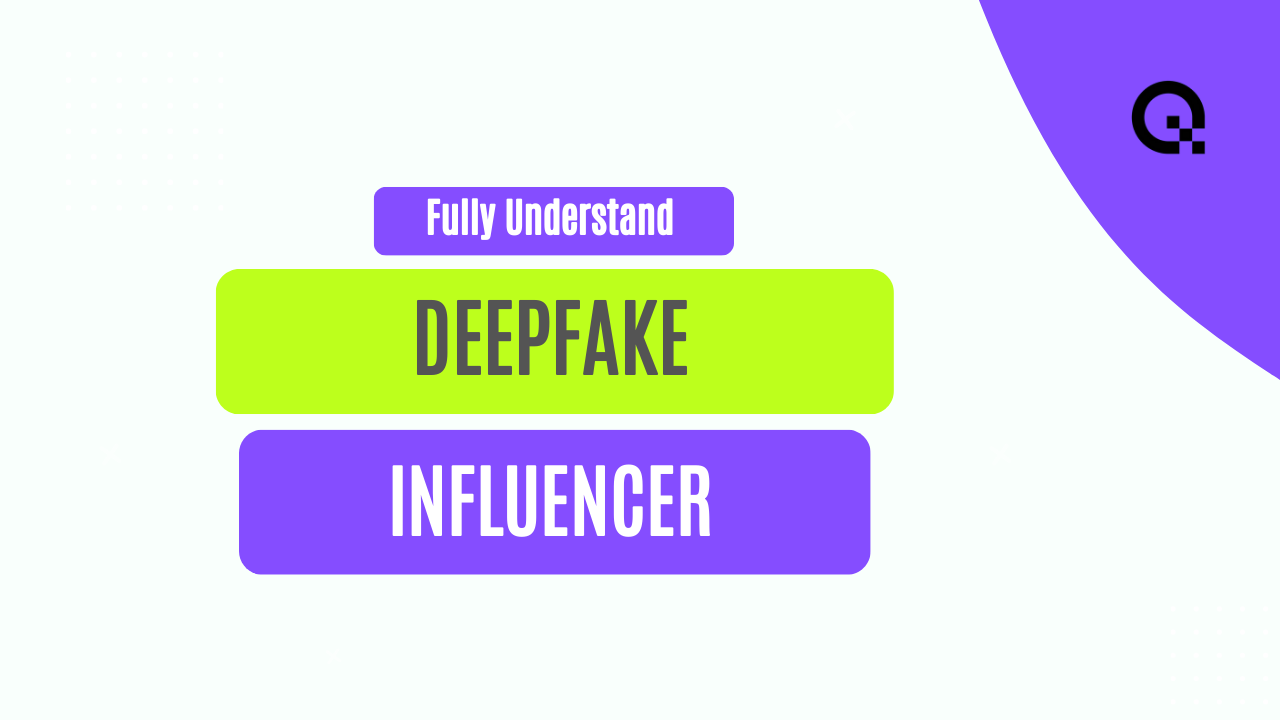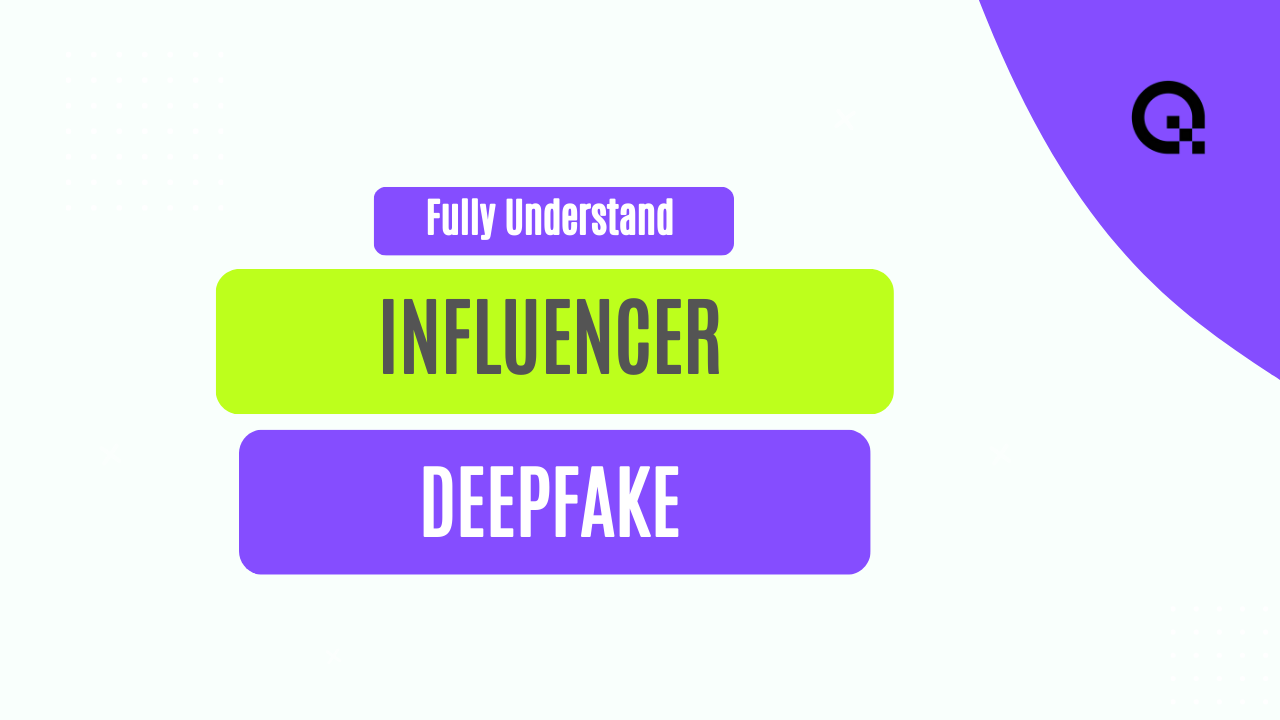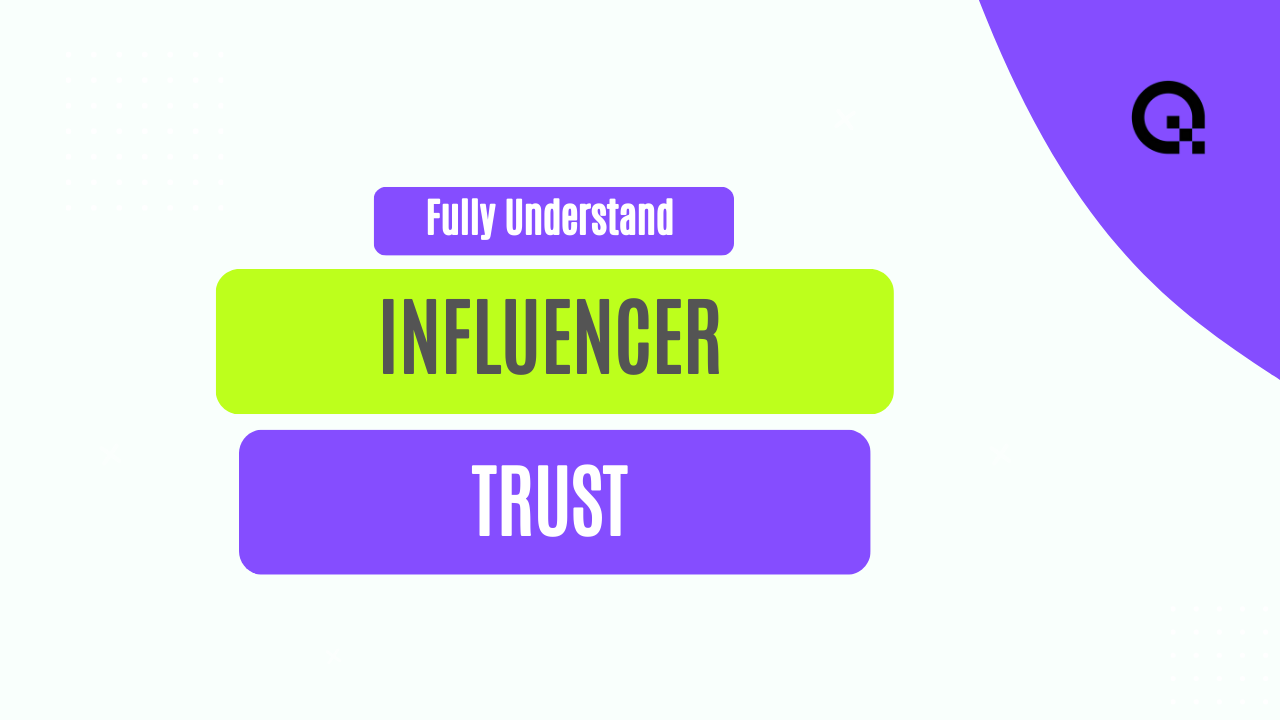The Impact of Deepfake Technologies on Influencer Marketing
In today's digital age, influencer marketing has become a powerful tool for brands to reach their target audience and promote their products or services. Influencers, who are individuals with a large following on social media platforms, have the ability to sway consumer behavior and create trends.
The Rise of Deepfake Technologies
Deepfake technologies have emerged as a controversial and disruptive force in the realm of influencer marketing. These technologies use artificial intelligence to create hyper-realistic videos and images that can manipulate appearances and actions of individuals, including influencers.
With deepfake technologies, it is now possible to create content that features influencers endorsing products or services without their actual involvement. This raises ethical concerns about authenticity and transparency in influencer marketing campaigns.
Despite the ethical implications, brands are increasingly exploring the use of deepfake technologies to create compelling and engaging content that resonates with their target audience. By leveraging deepfake technologies, brands can enhance the visual appeal of their marketing campaigns and create a buzz around their products or services.
The Ethical Dilemma
As deepfake technologies continue to evolve and become more sophisticated, the ethical dilemma surrounding their use in influencer marketing becomes more pronounced. The line between reality and fiction blurs, raising questions about the credibility of influencer endorsements and the authenticity of content.
Consumers may find it challenging to distinguish between genuine influencer content and deepfake-generated content, leading to potential trust issues and backlash against brands that use deceptive tactics. Maintaining transparency and authenticity in influencer marketing campaigns is crucial to building long-term relationships with consumers.
Regulatory bodies and social media platforms are also grappling with the implications of deepfake technologies on influencer marketing. There is a growing need for guidelines and regulations to govern the use of deepfake technologies in marketing and ensure that consumers are protected from deceptive practices.
The Future of Influencer Marketing
Despite the challenges posed by deepfake technologies, influencer marketing continues to be a valuable strategy for brands to connect with their target audience. As technology advances, brands will need to adapt and innovate to maintain trust and credibility in their influencer marketing efforts.
Collaborations between brands, influencers, and technology experts can lead to the development of new and authentic ways to engage consumers through influencer marketing. By prioritizing transparency, authenticity, and ethical practices, brands can navigate the evolving landscape of influencer marketing and build meaningful relationships with their audience.
Ultimately, the impact of deepfake technologies on influencer marketing will depend on how brands and influencers choose to navigate this complex terrain. By upholding ethical standards and prioritizing consumer trust, brands can harness the power of influencer marketing while mitigating the risks associated with deepfake technologies.



